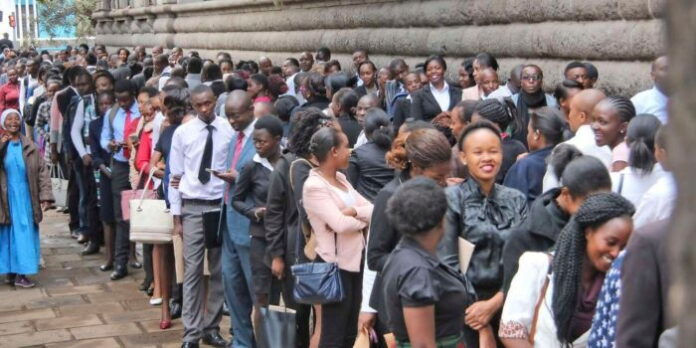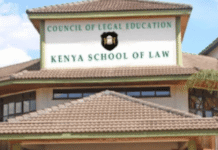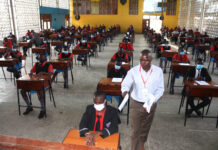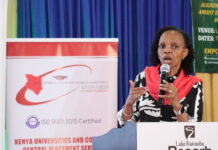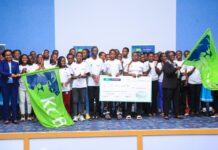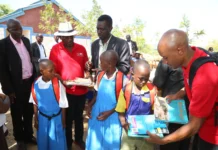The French government has announced new scholarship opportunities under the France Excellence Eiffel program, a scheme developed by the Ministry of Foreign Affairs to attract outstanding foreign students to pursue advanced studies in France.
The initiative is aimed at supporting international candidates seeking Master’s and Doctoral degrees at French institutions.
The France Excellence Eiffel scholarship focuses on two major disciplinary fields, covering seven distinct areas of study.
For Science and Technology, students can apply in Biology and Health, Ecological Transition, Mathematics and Digital, and Engineering Sciences.
For Humanities and Social Sciences, the fields include History, French Language and Civilization, Law and Political Science, as well as Economics and Management.
The program is open to candidates enrolling in different levels of higher education.
At the Master’s level, applicants can pursue courses leading to a master’s degree or an engineering program, while at the Doctorate level, scholarships are granted for joint doctoral programs in partnership with institutions abroad.
French universities and higher education institutions are responsible for selecting and submitting candidates to the program, ensuring that the scholarships are directed toward top-performing international students.
The duration of the scholarship varies depending on the level of study.
Master’s candidates enrolling in the second year (M2) may receive support for up to 12 months, while those starting in the first year (M1) may be supported for a maximum of 24 months.
Students completing an engineering degree can benefit for up to 36 months.
At the doctoral level, the scholarships are awarded for a period ranging from 12 to 36 months, with the start date fixed on September 1 of the year the scholarship is granted.
One of the key attractions of the France Excellence Eiffel scholarship is its financial benefits.
Master’s recipients will receive a monthly allowance of €1,200 (Ksh181,788) starting January 2026, while doctoral candidates will benefit from a higher stipend of €2,100 (Ksh318,129).
In addition to the monthly allowance, the program also covers essential services such as international and national transportation, insurance, assistance in housing searches, and participation in cultural activities.
However, tuition fees are not included in the scholarship package and remain the responsibility of the student.
The first step for candidates is to contact Campus France in their country of origin or the French Embassy’s Cooperation and Cultural Action Department to receive guidance on study plans.
Students are encouraged to research and select French universities that best fit their academic goals.
Applications must then be formally accepted and supported by a French higher education institution, which will be responsible for submitting them through the official Campus France online platform.
Applications sent directly by students or foreign institutions will not be considered eligible.
Notably, this comes two weeks after the Russian government announced a new opportunity for Kenyan students, offering 70 fully funded spots at Russian universities under a tuition-free scholarship program.
In a statement on Monday, September 15, the Russian Embassy in Kenya confirmed that the application window has officially opened, and can be accessed through education-in-russia.com
The scholarship program covers undergraduate, graduate, and postgraduate studies in Russia without requiring students to pay tuition fees.
“Applications are now open for the Russian Government Scholarship! Apply and submit the documents and by early December 2025,” the notice read.
To qualify, candidates must create a profile on the portal, select their preferred level of education and up to six universities, and upload essential documents.
The documents include a valid passport scan, academic transcripts, and proof of previous education; applicants still in school can provide a certificate from their current institution.
“Be sure to click the ‘Send request for verification’ button. Applications in the ‘Draft’ status do not participate in the competition!” the Embassy pointed out.
Postgraduate candidates will need to submit a motivation letter, an essay, or an article outlining their proposed research area.
Additionally, the Russian Embassy stated that eligibility is restricted to non-Russian citizens.
“Only foreign citizens are eligible to participate in the quota. If the candidate holds dual Russian citizenship, they must reside permanently outside Russia and not hold previous education certificates issued by Russian institutions,” the statement explained.









